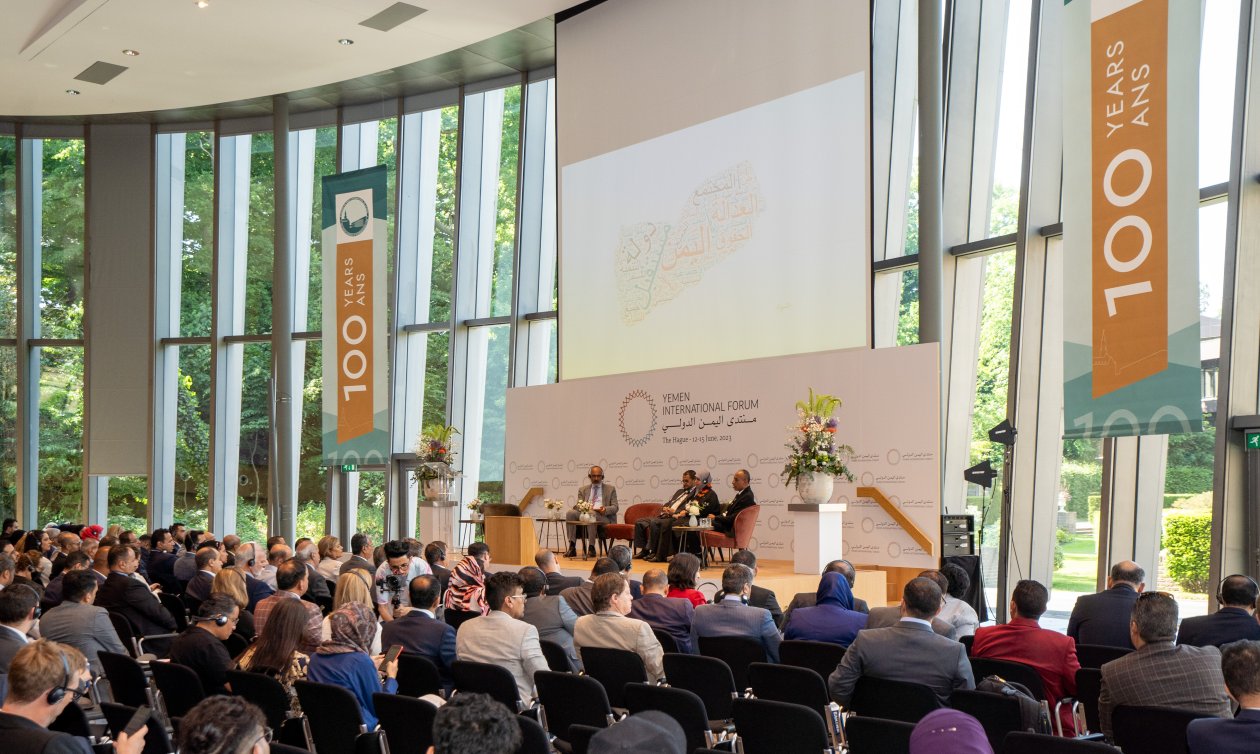Why are we running this project?
Yemen is in the 10th year of a conflict which started in 2014, and it continues to remain one of the largest humanitarian crises in the world. An estimated 21.6 million people are urgently in need of assistance. The reality for millions of conflict-affected Yemenis is a life struggling with displacement, damaged public infrastructure, disrupted public services, a collapsed local economy, limited access to food and basic services, instability, insecurity, closed roads, a broken education system, vanishing income opportunities, increased drug addiction and unemployment among youth, among other concerns. Yemenis also continue to face severe violations and infringements of their rights, including gender-based violence, killings, arbitrary arrests, the forced disappearance of activists and members of civil society, attacks against minorities, restricted freedom of movement for civilians, a stifling of the civic sphere and an alarming rollback on women’s rights aimed at limiting their participation in public life. The war has also increased polarization and tensions among political and social groups, weakened any existing channels of communication and dissolved trust which used to bring local actors together.
Any conversations on peace in Yemen need to be informed by the complex dynamics shaping reality on the ground. However, since war broke out in Yemen, there has been a growing divide between independent Yemeni knowledge sources and international policy makers, including those leading the peace process. The voices of Yemeni citizens and up-to-date understandings of local problems are often left out of international peace efforts.
This is why the Sana’a Center’s work is so important. With its aim to amplify Yemeni voices and bring forward local knowledge in ways that allow it to inform and shape policy on Yemen, Sana’a Center aims to solve complex policy challenges through evidence-based approaches and from the bottom up.
What are our goals?
Sana’a Center aims to find solutions to Yemen’s most complex problems through: knowledge production, amplifying Yemeni voices and local perspectives, and influencing policies.
● Knowledge Production: The empowerment of independent researchers, free from the influence of warring parties to shape the narrative on Yemen is a guiding principle for Sana’a Center. Our researchers always have the autonomy to set their own research agendas. Sound research and in-depth analysis of Yemen grounded in local narratives and data is of utmost importance, especially in a context such as Yemen where knowledge and information are often marred by propaganda and disinformation.
● Providing Platforms: Spaces where policies can be freely discussed are hard to find in Yemen, and political platforms have been further targeted in the current conflict. Making an impact at the policy level cannot be accomplished simply by directing recommendations to policymakers and traditional elites who may not act on them. Therefore, the Sana’a Center creates broad and safe spaces for policy discussions. Not just spaces for Yemenis to speak to the world, but also spaces for dialogue among Yemenis from different political backgrounds.
● Influencing Policies: It is not enough to conduct high-quality, in-depth analysis and research if it will be shelved. The Sana'a Center ensures its publications are policy-oriented and published in Arabic and English to reach national, regional, and international policymakers and media outlets. Sana'a Center also delivers its research findings to the highest level policy arenas with active outreach and communication.
The partnership between Robert Bosch Stiftung and the Sana’a Center allows the Sana'a Center to contribute to multiple informal peace processes, building the Center’s capacity and global impact. This partnership brings Yemeni voices to new audiences and complements the ongoing UN-led peace process by bringing in Yemeni perspectives, solutions, and aspirations.
Who are the target groups?
The Sana’a Center works with a diverse group of Yemeni peace actors including political parties, CSOs, tribal leaders, minorities, youth, women, community leaders, local authorities, political stakeholders, and the private sectors. It also works with regional and international peace actors.


